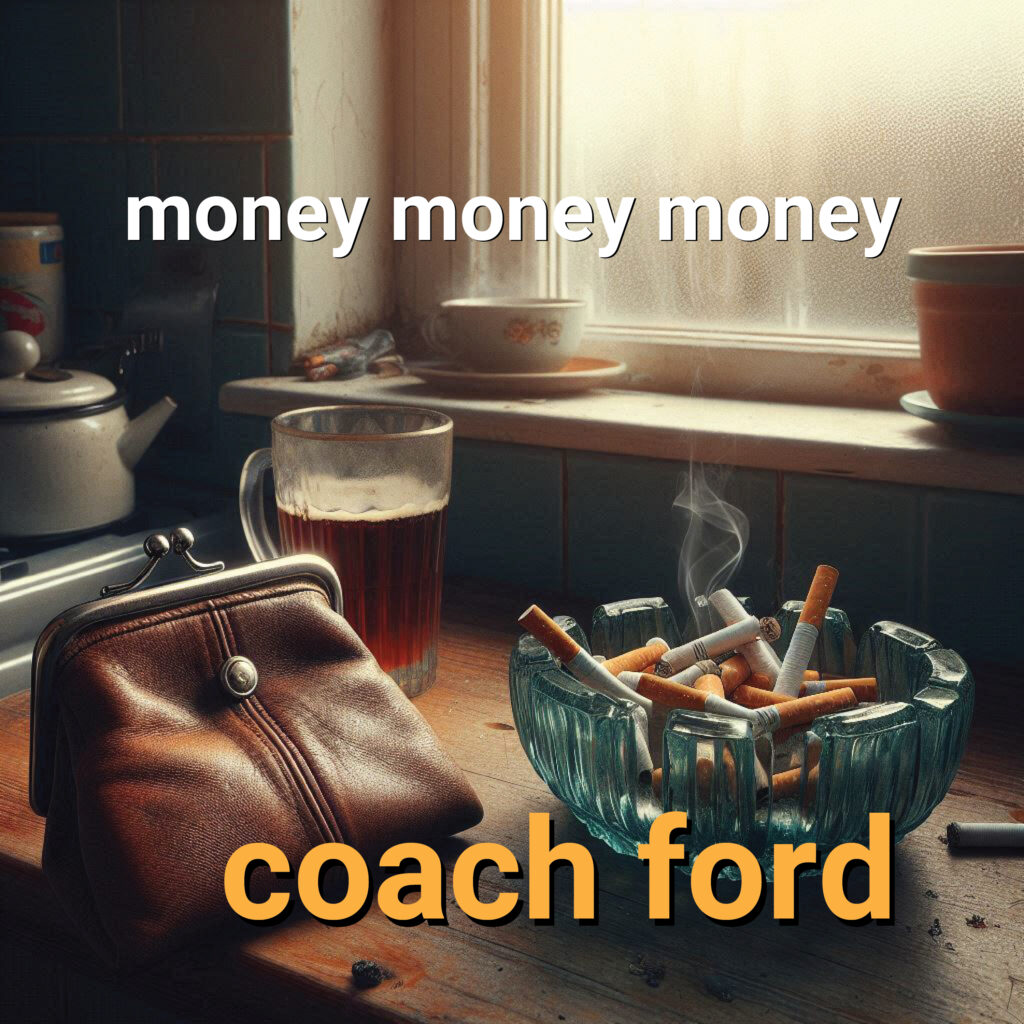To Whom It May Concern (Which Is, Frankly, All of Us),
We write today not to announce a winner, nor to crown a king, but to formally recognize a vital pulse of truth resonating from the heart of our noisy, chaotic era. Armando Heredia’s lyrical work, the “money money money EP,” arrives not as a mere collection of songs, but as a stark, necessary mirror held up to the collective soul of a society drowning in green.
We recognize Heredia’s profound diagnosis of our ailment. With surgical precision in “It’s All About the Benjamins,” he dissects the cultural tumor of greed – the relentless, dehumanizing mantra of “get all you can and can all you get,” laid bare in a dizzying glossary of slang that exposes our linguistic obsession while suffocating us with its sheer volume. He reminds us, chillingly, that the “stairway to heaven” bought with bills leads nowhere when the final breath is drawn. The pursuit itself is the trap.
We acknowledge his unflinching gaze upon the artificiality we worship. “Plastic” is more than a song; it’s an X-ray of the emptiness beneath the curated facade of celebrity and surgically-enhanced luxury. Heredia sees the “conflict of riches and celebrity,” the “empty shell” pumped full of filler, the desperate addiction to an external rush that promises wholeness but delivers only a haunting question: “Who are you now?” He points the finger not just at the individual, but at the exploitative industry (“that doctor’s gotta make money”) feeding on insecurities cultivated by wealth itself.
We salute his courage in calling out the emperor’s new clothes. In the title track “money money money,” Heredia strips bare the illusion of status. He declares, with devastating clarity, that the difference between “us” and the elite parading in their “silly charade” is simply “money money money.” He dismantles the false beauty standards (“They’re not beautiful”), exposes the cyclical fads that fleece the rich seeking belonging, and lands the final, resonant blow: “It’s all Fake.” It’s an anthem for seeing through the charade.
Most importantly, we recognize and celebrate the profound alternative vision offered in “Never Wanted to be Rich” and “So Much Time.” Here, Heredia transcends critique and offers a lifeline. He articulates a philosophy not of poverty, but of sufficiency. He elevates the true, irreplaceable currency: Time. The desire is not for mansions or Maseratis, but for the autonomy to spend precious hours on family, love, and meaning. He masterfully deconstructs the toxic lie that “Time is money,” reminding us that money can be printed, taxed, and replaced, while time – our most finite resource – is spent only once, never refunded. He names the “grind,” the “rat race,” for what it truly is: the tragic trade of life for paper.
In “So Much Time,” this crystallizes into a haunting, existential meditation. Heredia laments our misdirected efforts, our “permanent changes to temporary things,” our narcissism blinding us to the whispers of eternity in the “dust on our hands.” The core trade-off – our priceless time for temporary trinkets – is laid bare with grave finality: “Make your trades / No refunds / What you see / Is what you get.” It’s a stark, unforgettable reminder of the ultimate cost of our choices.
Therefore, we formally recognize Armando Heredia’s “money money money EP” as:
- Essential Social Commentary: A razor-sharp, deeply observed critique of materialism, celebrity culture, and the systemic pressures that fuel both.
- A Masterclass in Lyrical Craft: Blending biting satire, evocative imagery (from syringes to starlight), potent repetition, and conversational intimacy to deliver complex ideas with visceral impact.
- A Philosophical Beacon: Offering a powerful counter-narrative centered on sufficiency, authentic connection, and the mindful, sacred stewardship of our fleeting time.
- A Resonant Human Document: Speaking with empathy to the pressures we face while challenging us to reassess our values and the true cost of the paths we choose.
This EP is more than music; it’s a conversation we desperately need to have. It doesn’t just point out the gilded cage; it offers the key. The key is realizing that the treasure we relentlessly pursue often blinds us to the real wealth we already possess – our time, our connections, our humanity. Heredia hasn’t just written songs; he’s held up a mirror and sounded an alarm, all while pointing towards a more meaningful horizon.
It’s time we listened. It’s time we recognized the value of what truly matters, before our time runs out.
With Respect and Recognition,
The Collective Conscience (Or At Least Those Willing to Look in the Mirror)
